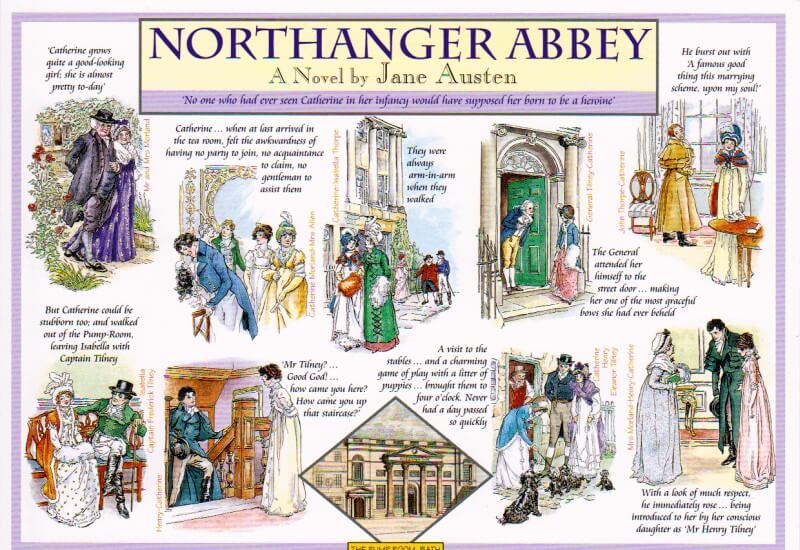Jane Austen isn’t ‘Twilight with the vampires taken out and dowries put in’
If you ask me about Twilight or its equally appalling offspring Fifty Shades of Grey, I would probably have quite a lot to say about the public’s desire to consume two-dimensional quests to fulfil the wife-mother role demanded by a patriarchal society. I would say that despite being fun to read (fun in the sense of seeing who can fit the most marshmallows into their mouth), these kinds of books perpetuate over-used and potentially harmful stereotypes and are, frankly, a bit predictable. I would say that they’re symptomatic of a mind-set that dislikes being surprised, that plays on the short attention-span of its target audience, and that has taken the phrase ‘sex sells’ too far. I would say quite a few other things, but we’ve all heard enough of that.
Pride and Prejudice is a journey of self-discovery on which the protagonist must learn to identify her own flaws instead of others’, and seek to overcome them
What I wouldn’t do, however, would be to compare it to the timeless works of Jane Austen, which have somehow gained the reputation of being the 19th century equivalent of a chick-flick. ‘Austen’s works are outdated’, it has been said. ‘They are superficial and concerned only with making its heroines conform to a patriarchal version of the happily-ever-after.’ And worst of all: ‘It’s Twilight with the vampires taken out and dowries put in.’
Well, it’s not.
Austen’s work is about the importance of family, of learning to find the substance beneath the superficial, and about the importance of knowing yourself
Let’s look at the Jane Austen’s best known work. Pride and Prejudice seems to be, on the surface, the story of a woman from a poor family who misjudges a man but then, (spoiler alert) ends up marrying his considerable fortune. And that is what happens, yes, but that is not the story. Why otherwise would the work be called Pride and Prejudice instead of ‘The Road to being Mrs. Darcy’? Pride and Prejudice is a journey of self-discovery on which the protagonist must learn to identify her own flaws instead of others’, and seek to overcome them. Its reward for introspection and self-improvement is the only security a woman of that time and station could hope for, all the while criticising a society which makes it necessary. It’s about the importance of family, of learning to find the substance beneath the superficial, and about the importance of knowing yourself.
And that doesn’t sound too outdated to me.
Image Credits: mint_candy / Flickr (Header)

Comments